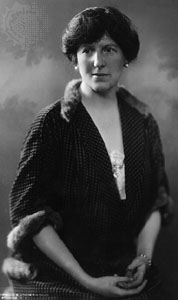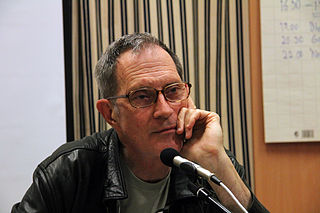A Quote by Christina Baldwin
When you choose to write using yourself as the source of the story, you are choosing to confront all the silences in which your story has been protectively wrapped. Your job as a writer is to respectfully, determinedly, free the story from the silences and free yourself from both.
Related Quotes
What's your story? It's all in the telling. Stories are compasses and architecture; we navigate by them, and to be without a story is to be lost in the vastness of world that spreads in all directions like arctic tundra or sea ice. To love someone is to put yourself in their place, we say, which is to put yourself in their story, or figure out how to tell yourself their story. Which means that a place is a story, and stories are geography, and empathy is first of all an act of imagination, a storyteller's art, and then a way of traveling from here to there.
The best time to tell your story is when you have to tell your story. When it's not really a choice. But then, when you get that first, messy, complicated version down, you have to read it over and be very tough on yourself and ask, 'Well what's the story here?' If you're lucky enough to have someone you trust looking over your shoulder, he or she can help you if [you] lack perspective on your own story.
The art path leads you to be increasingly free. And what does "because of being increasingly free" mean? Julio Ramón Ribeyro used to say a mature novel demands the author's death, not literal death but metaphoric death, which is the author has to truly erase himself. Therefore, to be truly free, you have to break free from internal and external pressures, to erase the self completely and become a sort of medium, let the story pass through yourself and let the story dance with you.
Love is a story we tell with another person. It's cocreation through conarration. When you hit bumps in the road and challenges, you write a new chapter in your story together. Love is the constant act of revising and retelling your own story in real time. You don't do it by yourself. You do it with someone else. The only way you do that is to talk to each other and create a shared narrative.
Despite the natural belittling of one's self, the doubts, the insecurities, we have to wake up to the realisation that we all write our own autobiography, we are the authors of our life story. Realising that, write a good story with your life and make sure to write yourself as the protagonist. Be the hero of your journey.
It is my secrecy which makes you unhappy, my evasions, my silences. And so I have found a solution. Whenever you get desperate with my mysteries, my ambiguities, here is a set of Chinese puzzle boxes. You have always said that I was myself a Chinese puzzle box. When you are in the mood and I baffle your love of confidences, your love of openness, your love of sharing experiences, then open one of the boxes. And in it you will find a story, a story about me and my life. Do you like this idea? Do you think it will help us to live together?
I'll give you the sole secret of short-story writing, and here it is: Rule 1. Write stories that please yourself. There is no rule 2. The technical points you can get from Bliss Perry. If you can't write a story that pleases yourself, you will never please the public. But in writing the story forget the public.
The Universe story is the quintessence of reality. We perceive the story. We put it in our language, the birds put it in theirs, and the trees put it in theirs. We can read the story of the Universe in the trees. Everything tells the story of the Universe. The winds tell the story, literally, not just imaginatively. The story has its imprint everywhere, and that is why it is so important to know the story. If you do not know the story, in a sense you do not know yourself; you do not know anything.
































